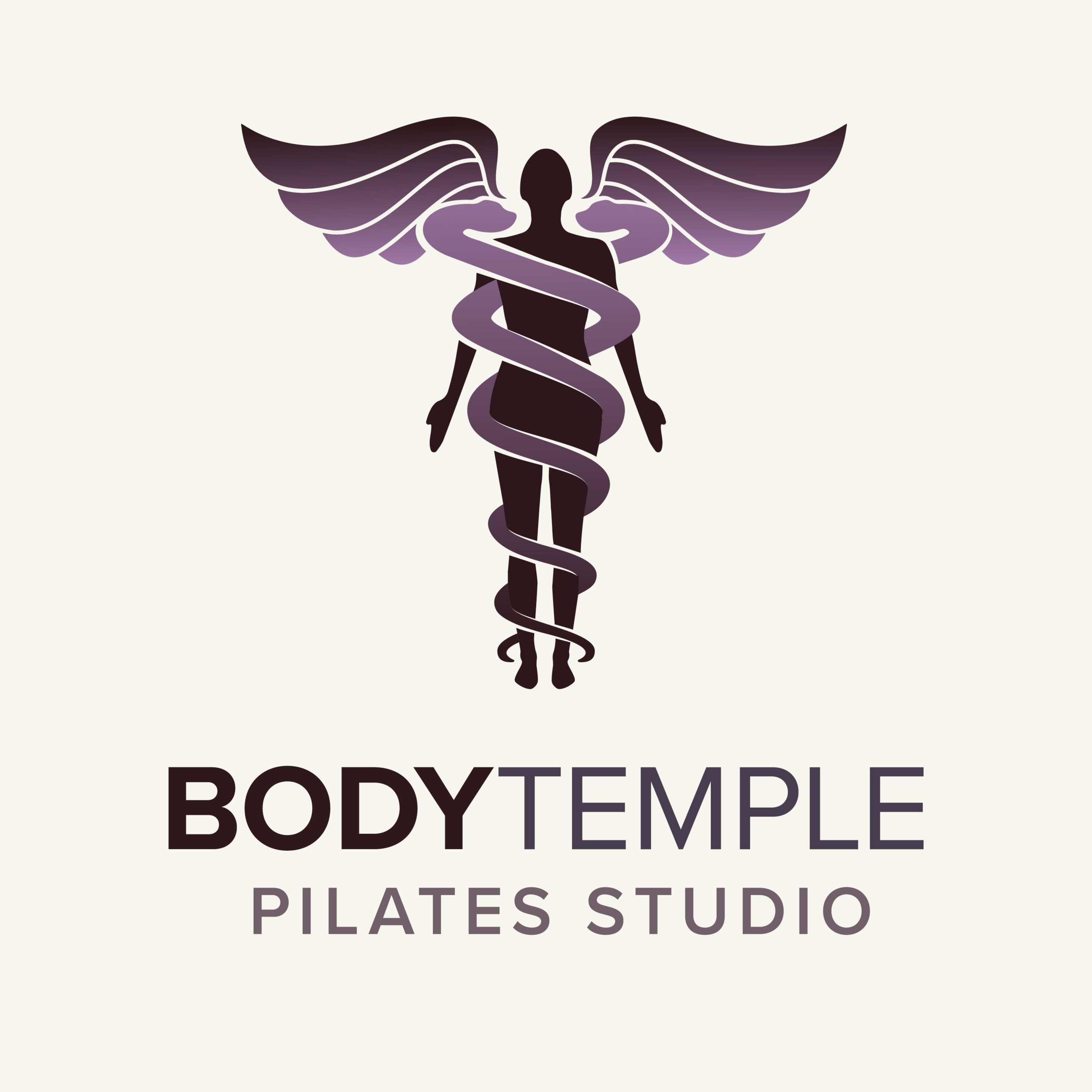The Pelvic Floor: Pregnancy, the Fourth Trimester, & Beyond
*Always consult your physician prior to beginning or resuming any workouts.*
We're back with our "Pelvic Floor Series," and if you missed our first post, "The Pelvic Floor: A Series," you're going to want to check it out here
Whether you're pregnant, experiencing the "fourth trimester," (that time after the baby is born when your body is still adjusting), or you had your child/ren years ago, this article is for you because we are going to help you understand how pregnancy affects the pelvic floor, and what you can do about it.
The first thing we want to say is: Be kind to yourself and understand how disruptive pregnancy, birth, and especially surgery or trauma can be. You are working with a different body, so expecting it to do the same things or move the way it used to is a recipe for low self-esteem and injury.
During pregnancy, the pelvic floor, which supports the bladder, bowel, and uterus bears the extra weight of a growing baby. Over time, this will stretch and weaken the muscles. It is vitally important that women, regardless of age, perform exercises to strengthen the pelvic floor, as not doing so can lead to several undesirable side effects.
Post-pregnancy you may notice:
urinary and bowel weakness when you cough or sneeze, if severe -leaking
reduced sexual function and sensation or pain during intercourse
low back pain
hip pain that radiates to the back and knee
pain down the legs, radiating from the low back
These symptoms can last long after your child-bearing years, and can become exacerbated by menopausal hormone shifts.
As Pilates teachers, it's our job during this time to help you connect with your body, strengthen your pelvic floor, and assess pregnancy related shifts or medical conditions like sciatic pain, low lumbar compression/rotation, and diastasis recti.
If I tighten my pelvic floor, I should be good, right?
Remember, Pilates focuses on total core strength. By focusing solely on the pelvic floor, women often miss the deeper work that is needed for true, full body health, post-pregnancy and beyond.
Pilates looks at the whole body, and the exercises are designed to build on each other, creating a strong scaffolding from the ground up. It's a series of eccentric movements: the muscle will lengthen before contracting. This works the entirety of the muscle, and also recruits the smaller, stabilizing muscles that are normally absent in movement, but critical for recovery.
For instance, if you are performing a leg lift, you will be asked to first stabilize the pelvis by engaging your lower abdominals and pelvic floor. Next, you’ll begin to move the leg, but as you do, you will be lengthening from the hip through the entire leg, while still stabilizing the movement from your core, rather than just low back.
You won’t just feel better post-pregnancy, this may be the best you’ve ever felt!
If you're pregnant, experiencing pain or discomfort post-pregnancy, or want to finally heal from the effects of pregnancy, please reach out to us
